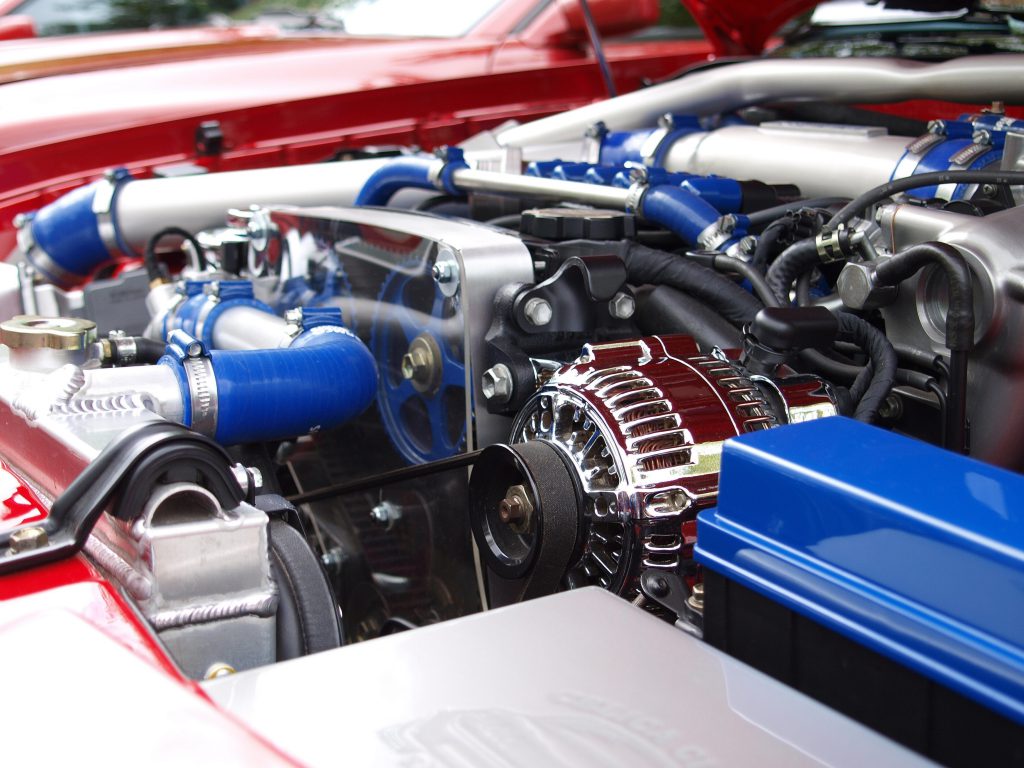Case Study: Automaker
Cloud Foundry on Microsoft Azure
Automaker — One of the Largest Automobile Manufacturers
Automaker was using Cloud Foundry and vSphere on two out of four data centers for their credit, banking, loan, and vehicle information applications. Because of security protocols, data segregation concerns, regulatory oversight requirements, and limitations on deployment windows, Automaker wanted to move two mission critical apps to the public cloud and manage deployments using Cloud Foundry. Their initial plan was to use Amazon Web Services (AWS) in combination with Cloud Foundry, but they instead opted to use Microsoft Azure after receiving a deeply discounted rate.
Automaker’s main objective was to enable rapid application development and deployment for their vehicle information applications while avoiding lengthy downtime caused by system constraints imposed by credit, banking, and loans, all of which needed to be PCI compliant.
Challenge

Prior to engaging with Stark & Wayne, Automaker operators would use temporary workarounds to manage the Microsoft Azure environment, which required the creation of BOSH manifest definitions (YAML) consisting of between 6,000 to 10,000 items. Each item needed to be carefully reviewed prior to execution, requiring excessive resources that could be significantly reduced when using automated processes.
With some critical and longstanding problems solved by a Stark & Wayne engineer during a one-day consultation, Automaker requested that we address the larger issue of meeting their business requirements for Cloud Foundry to work properly with Microsoft Azure.
Solution
Working in concert with Automaker and Pivotal, all three parties agreed on a specific approach, which would have Cloud Foundry working on Microsoft Azure while Automakering Pivotal additional time to develop their own Microsoft Azure friendly version of OpsManager.
With Automaker and Pivotal’s approval, the Stark & Wayne team developed and implemented a robust Microsoft Azure friendly management tool for Cloud Foundry in less than four months.
Stark & Wayne took the same approach used to deploy open-source Cloud Foundry and applied those techniques to Automaker’s Cloud Foundry environments, essentially building a BOSH director for Microsoft Azure environments from the ground up. This management tool achieved Automaker’s objective of enabling operators to securely and more efficiently manage Microsoft Azure environments, saving significant time and resources in the process.